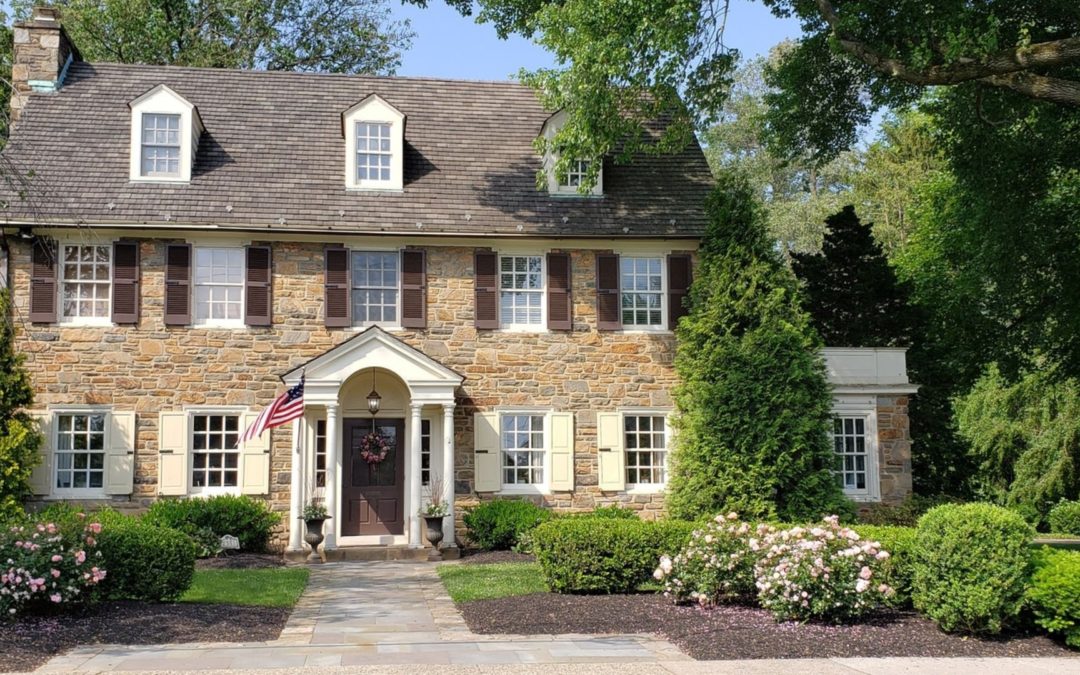The boomers remember the old days of mortgage rates north of 10% back in the 1970s and early 80s. Inflation was running amuck and the US Federal Reserve sought to “Whip Inflation Now.” It seems like a different world years later. Mortgage rates are near all-time lows – under 4% for a conventional 30-year fixed rate, and a 15-year mortgage is about 0.5% cheaper. Rates just keep going down it seems, but that can all change quickly. Managing interest rate risk is important when you go about purchasing a home.
The scary piece of mortgage rates is when you enter into an adjustable-rate mortgage (ARM). Cemented into the minds of many Americans is the 2000s time when everyone and their mother could get a mortgage for no money down and maybe on ‘interest-only’ terms. Lending standards were loose, and everyone thought the housing market could only go up.
But then the Fed started to raise rates as the US economy emerged from the early 2000s recession. ARMs that were taken out when short-term rates were low quickly reset higher and the monthly mortgage payment started increasing. Finally, it all came to a head around 2007 when real estate prices finally started to turn down. Then the economy fell off a cliff, and folks lost their jobs. Purchasers of ARMs were no longer able to make their big mortgage payments.
We don’t want this tragic situation to take place for our clients. Your home is a HUGE piece of your current financial picture – and it can be either an asset or a liability for your long-term financial plan. We believe the certainty of a 30-year or 15-year conventional fixed-rate mortgage is the way to go. It’s usually better to not risk it with an adjustable-rate mortgage or an interest-only loan.
The beauty of a fixed-rate mortgage is that you have control of your risk. If rates surge higher, you can be loving life since you locked in your interest rate. If market rates fall, guess what? You can re-finance and capture that lower rate. Or you can simply put more money to your principal, and just pay it off faster. You’re in charge – not the bank, not the fluctuation interest rate markets.
Something to be careful about, however – many prospective home-buyers get concerned about rapidly rising interest rates as they look for that perfect house. Try not to fret about it much – focus on your wants, needs & desires. Rushing into a deal just to secure a certain interest rate is not a wise strategy.
An option you have when you are on the market to buy a house is a mortgage rate lock. A mortgage rate lock is something the lender offers to guarantee the interest of your loan for a specified period. However, that certainty often comes with a fee. The lock period often extends from initial loan approval all the way through closing. So you can get some peace of mind, but it’ll cost you a little bit. Another thing to consider about a mortgage rate lock is that it protects you if market rates creep higher, but you also don’t benefit from any downward move in mortgage rates unless you pay for the option to ‘float down’ with the market.
In the end, there is so much freedom is owning your home outright. As financial advisors, we live in two worlds. One world is the “what’s best on a spreadsheet?” mindset while the other is the more realistic “what makes us happy and is something we can stick to?” The two worlds often clash! On a spreadsheet, it often doesn’t make sense to rush to pay off a mortgage that has a great interest rate, but in the real world, the psychological benefit and peace of mind of making that last mortgage payment is priceless. We believe that paying off that mortgage is a good financial goal.
The situation changes however if interest rates every shoot higher – let’s say they go to 6% or 7% while your mortgage is 3% or 4%. You might be better off parking your money in a savings account rather than paying down your mortgage balance. We aren’t anywhere near that point, but it’s a scenario to consider. It’s all part of managing interest rate risk as a homeowner.
Here’s the point
- When you are looking to purchase a home, don’t be overly concerned about what interest rates are doing – focus on your ideal home and taking your time through the process. Rushing to buy a house simply to secure an interest rate may lead to regret.
- A fixed-rate mortgage provides certainty with regards to your mortgage payment while an adjustable-rate mortgage will fluctuate depending on near-term market rates.
- The psychological benefit that comes with paying off your mortgage is huge, even though it may not be the most optimal financial move from a ‘spreadsheet’ point of view.
Action items
- Take your time through the home-buying process. Find the right home at the right price, then look to lock-in your mortgage rate. Don’t rush it.
- Maybe you bought a house several years ago, and now you are looking to re-finance to capture today’s super-low rates. It could be a wise move.
- If you have an ARM, consider switching to a fixed-rate mortgage to provide certainty for your monthly cash flows. Quickly rising rates are a significant risk.
Photo by Irene Rego on Unsplash


